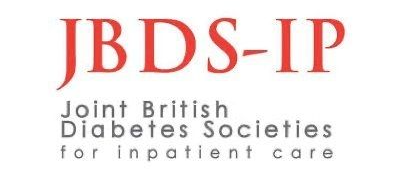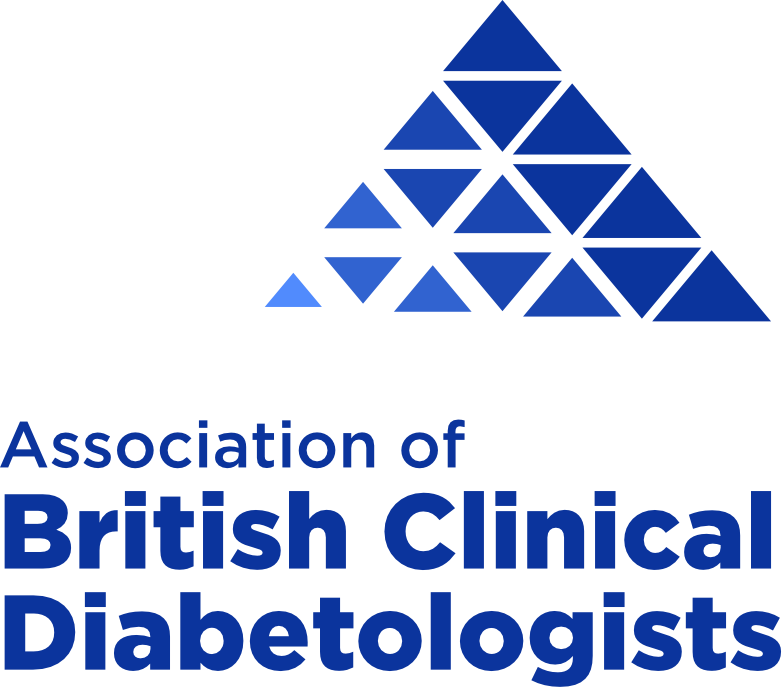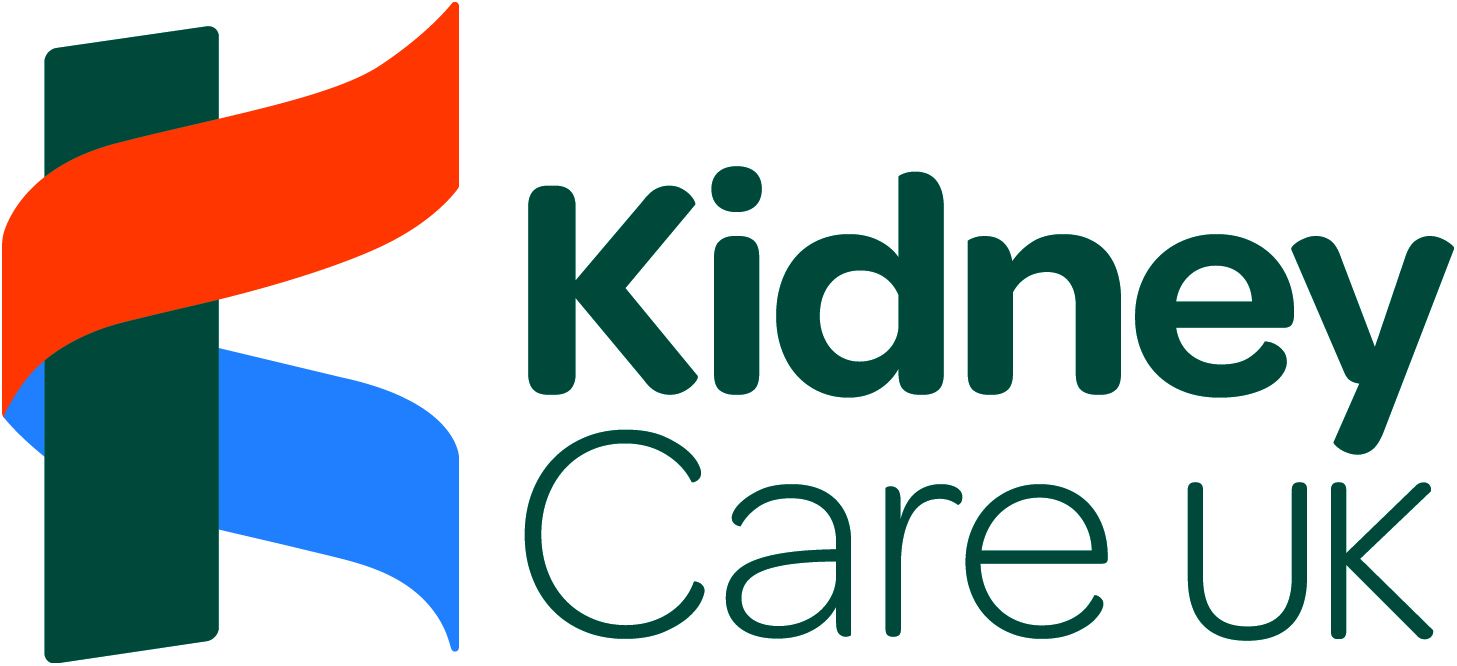Diabetes in Dialysis
A significant proportion of people on dialysis also have diabetes, presenting unique challenges that require specialised care. These resources have been designed to provide healthcare professionals working in kidney centres with the knowledge and tools to navigate the complexities of managing diabetes in people who are on dialysis.
Contents
9 modules,
Audit materials,
Guideline links,
Patient charter
Authors
UKKA/JBDS Working Group
About the course
These materials have been developed to support the 2023 JBDS-IP Management of Adults with Diabetes on Dialysis guideline, an update of the 2016 edition commissioned by the Joint British Diabetes Societies with the UK Kidney Association. Informed by experts in diabetes, nephrology, and people with lived experience, the guideline aims to improve care standards for people with type 1 and type 2 diabetes undergoing dialysis.
Educational Materials
Covering nine key modules—from understanding diabetes in the context of dialysis to dietary advice, foot care, complications, and glycaemic management—the educational materials provide theoretical knowledge and practical guidance.
Audit Tools
Our audit tools help units assess and improve diabetes care in dialysis patients. They provide insights into current practices while helping to guide teams toward more comprehensive care aligned to the current JBDS guidelines.
Charter for Individuals with Diabetes on Dialysis
This charter is a tool for healthcare professionals to share with people who have diabetes on dialysis. It outlines standards of care, patient rights, and responsibilities. It is a tool for supporting shared decision-making and self-management.
Learning outcomes
By the end of this course, you will be able to:
-
Assess and monitor glycaemic control appropriately in people with diabetes on dialysis, recognising the limitations of HbA1c, employing new technologies like continuous glucose monitoring where appropriate, and prioritising hypoglycaemia prevention.
-
Prescribers will better understand how to select and adjust diabetes treatments safely for patients on dialysis in order to optimise care, improve quality of life, and reduce risks.
-
Non-prescribers will be able to better support medication safety in dialysis care by monitoring for side effects, recognising the principles of glycaemic control, reinforcing education on treatment adherence, and escalating concerns appropriately within the MPT.
-
Promote prevention and early management of complications, including foot disease, retinopathy, autonomic dysfunction, neuropathy, diabetic ketoacidosis, and congestive cardiac failure.
-
Support safe dietary care by reinforcing guidance on carbohydrate intake, potassium, phosphate, salt, fluids, protein, and energy, helping patients understand and follow dietary advice in daily life.
-
Create a supportive environment for people with diabetes on dialysis strategies to promote dignity, shared decision-making, and self-management.
Modules and Materials



The Diabetes in Dialysis Working Group

